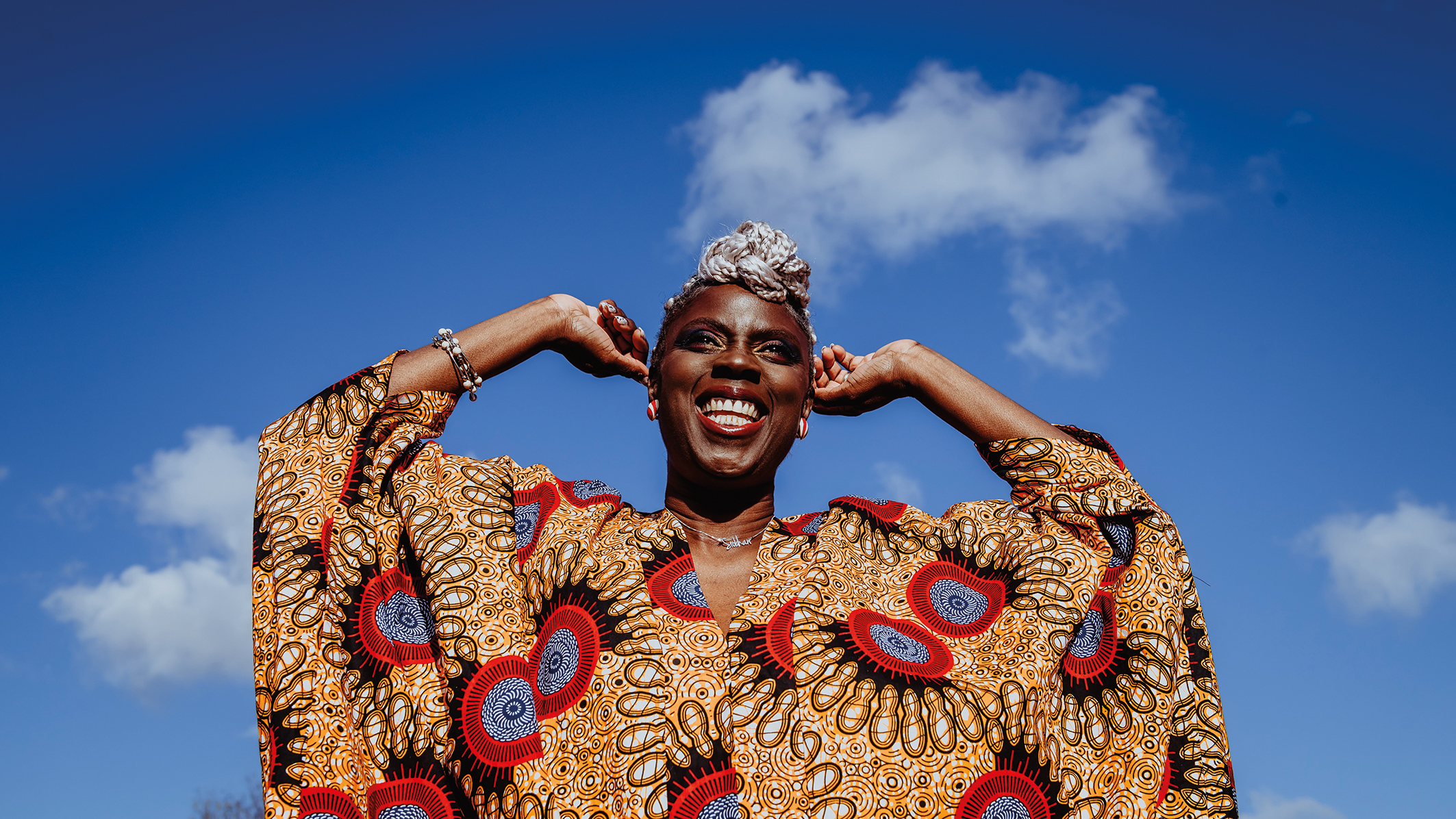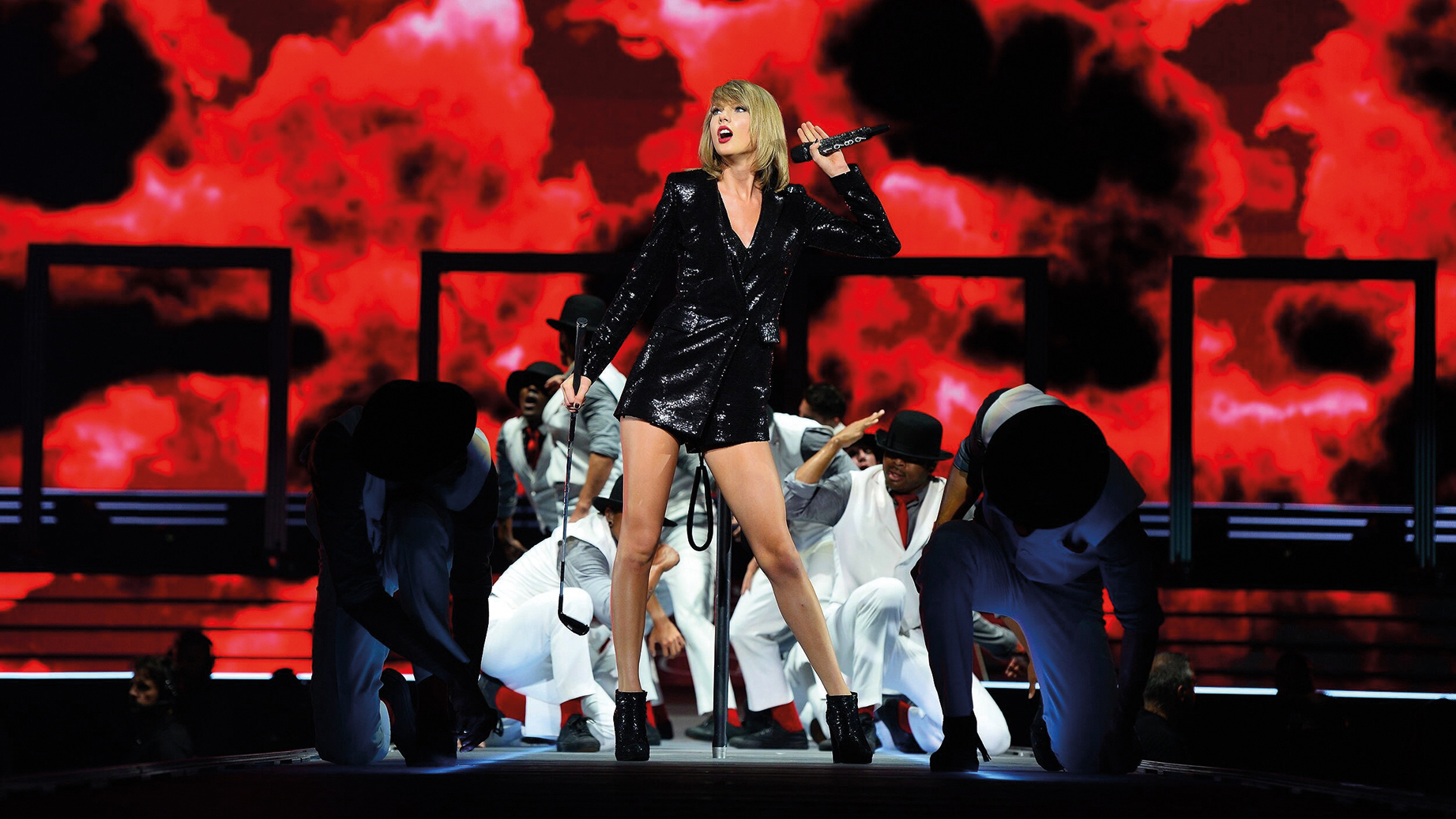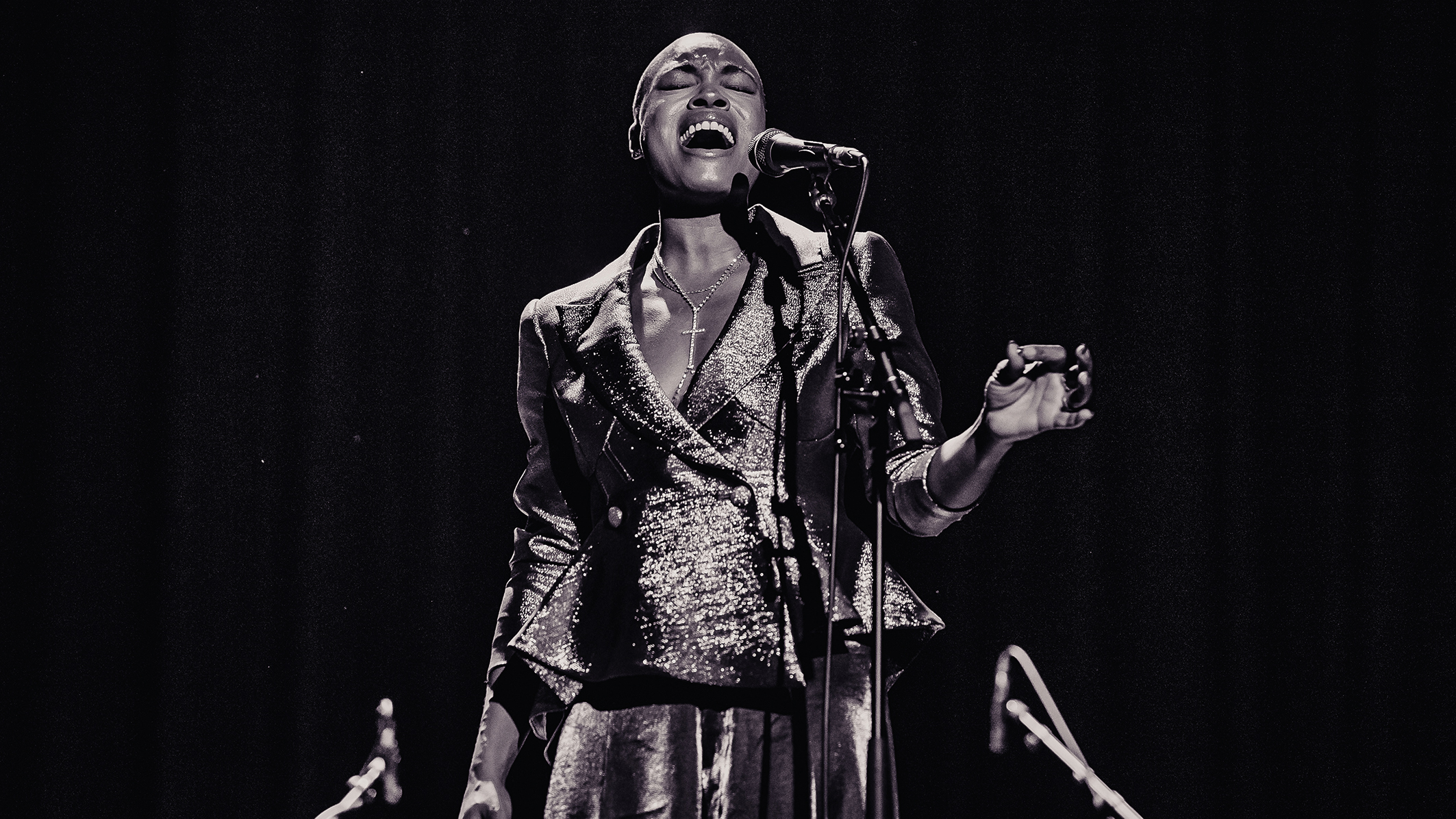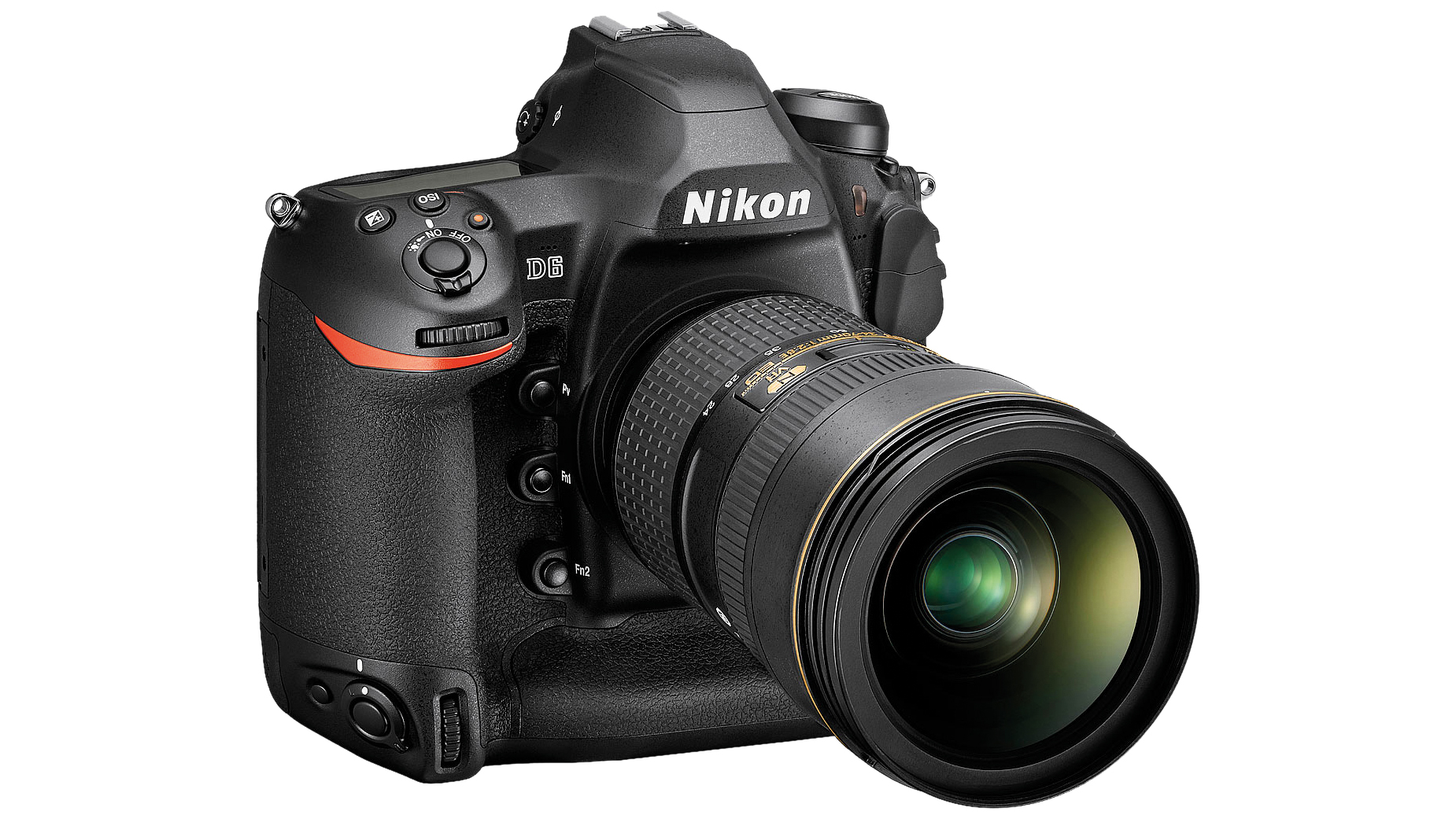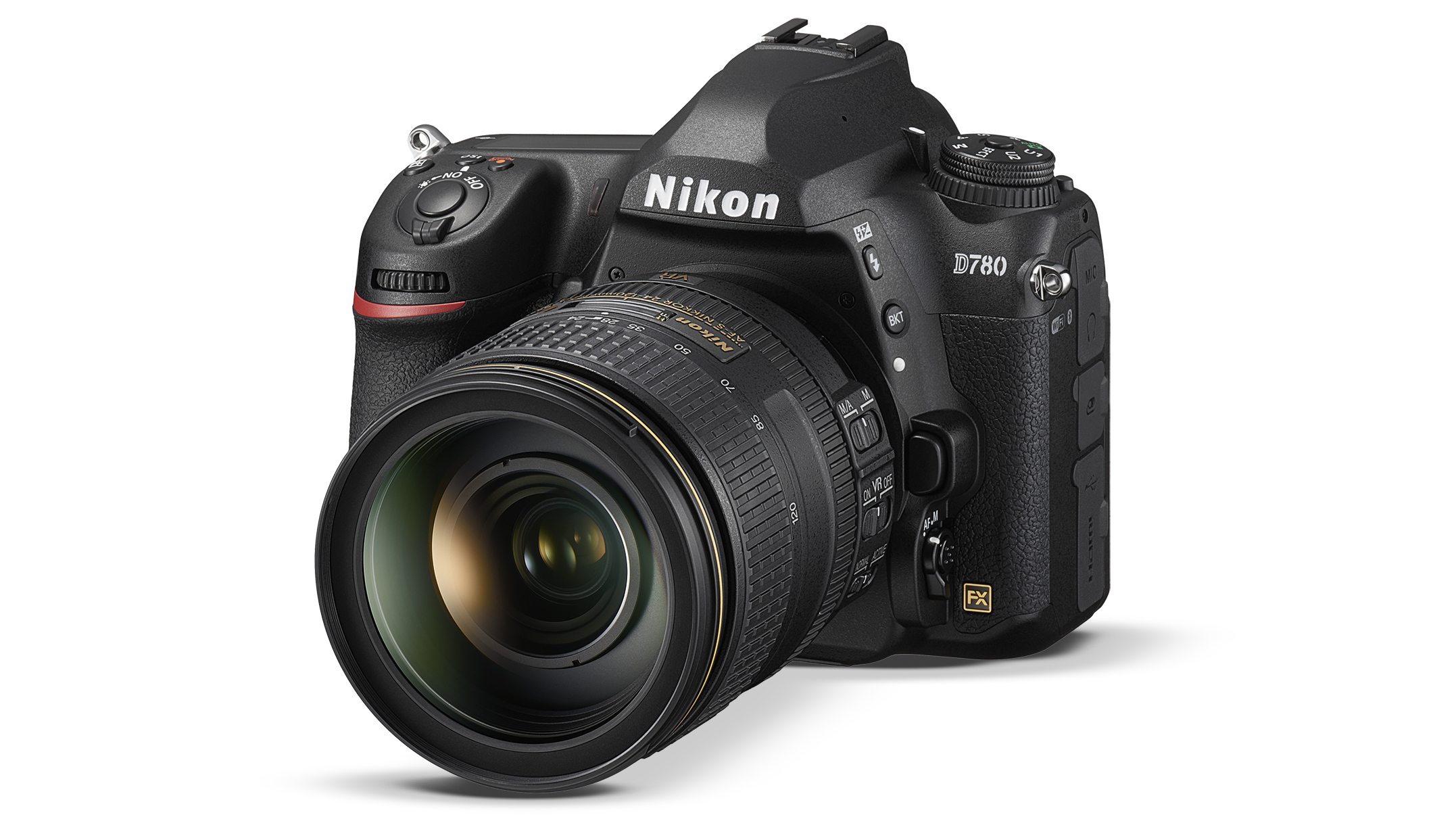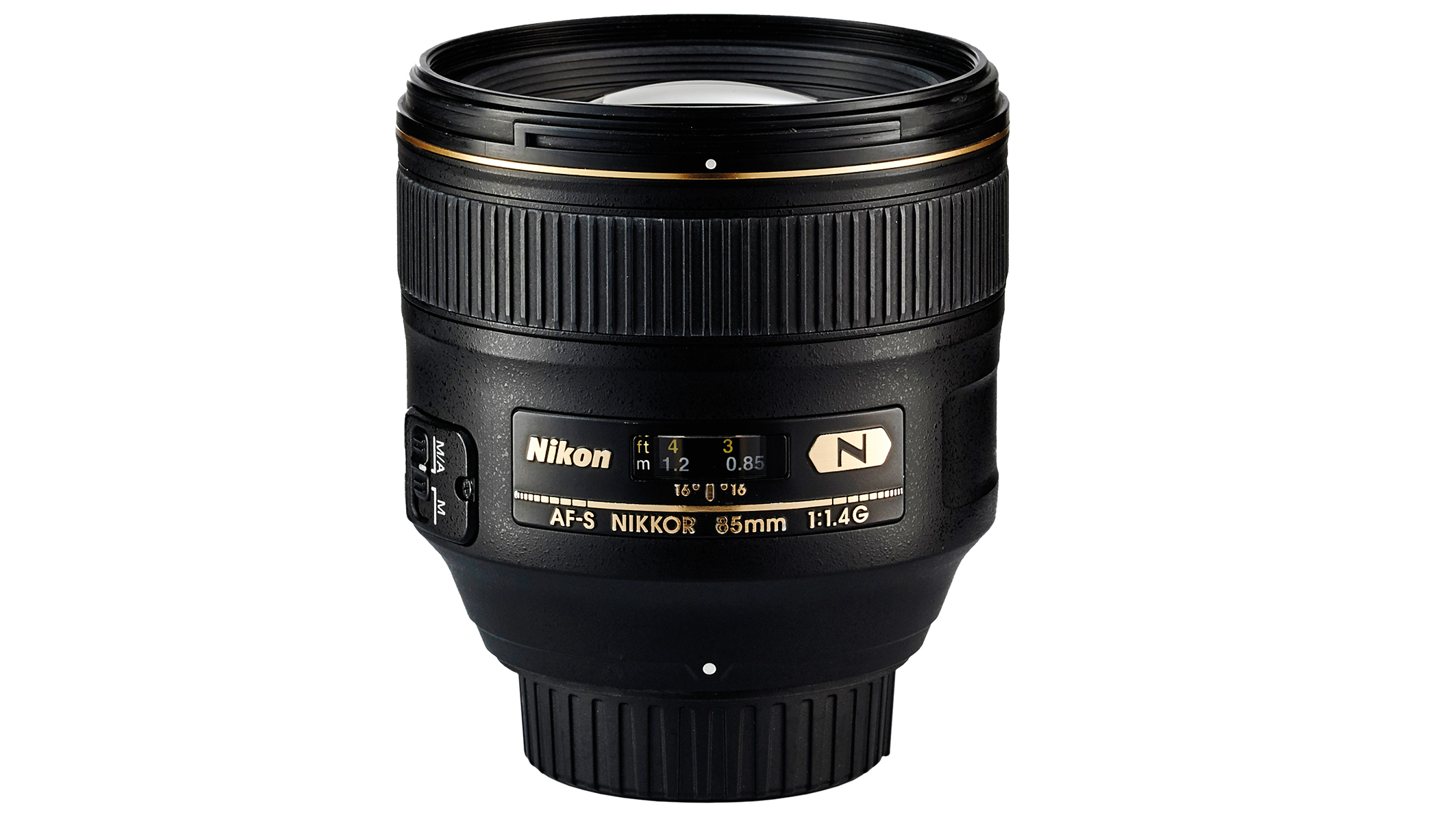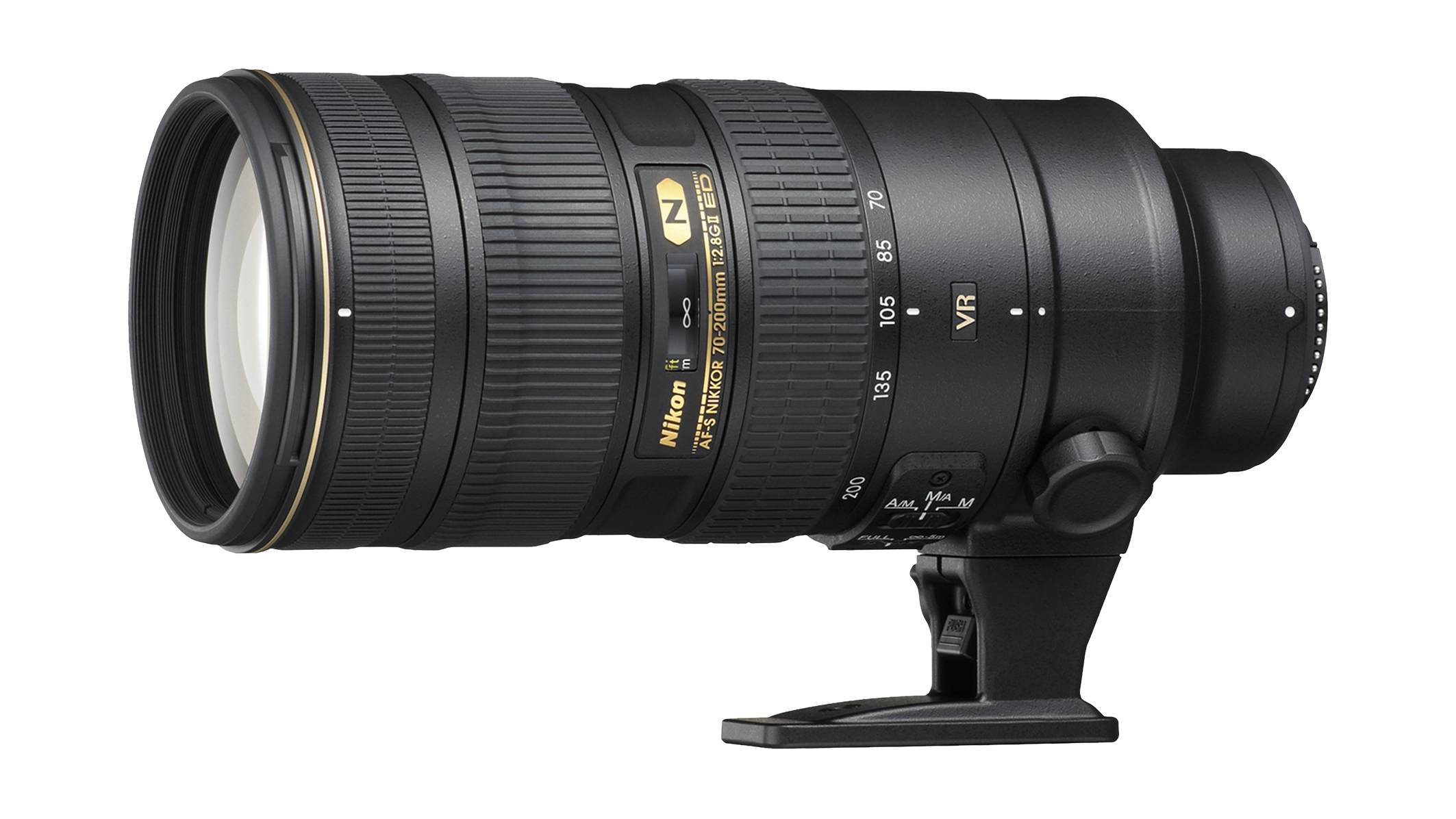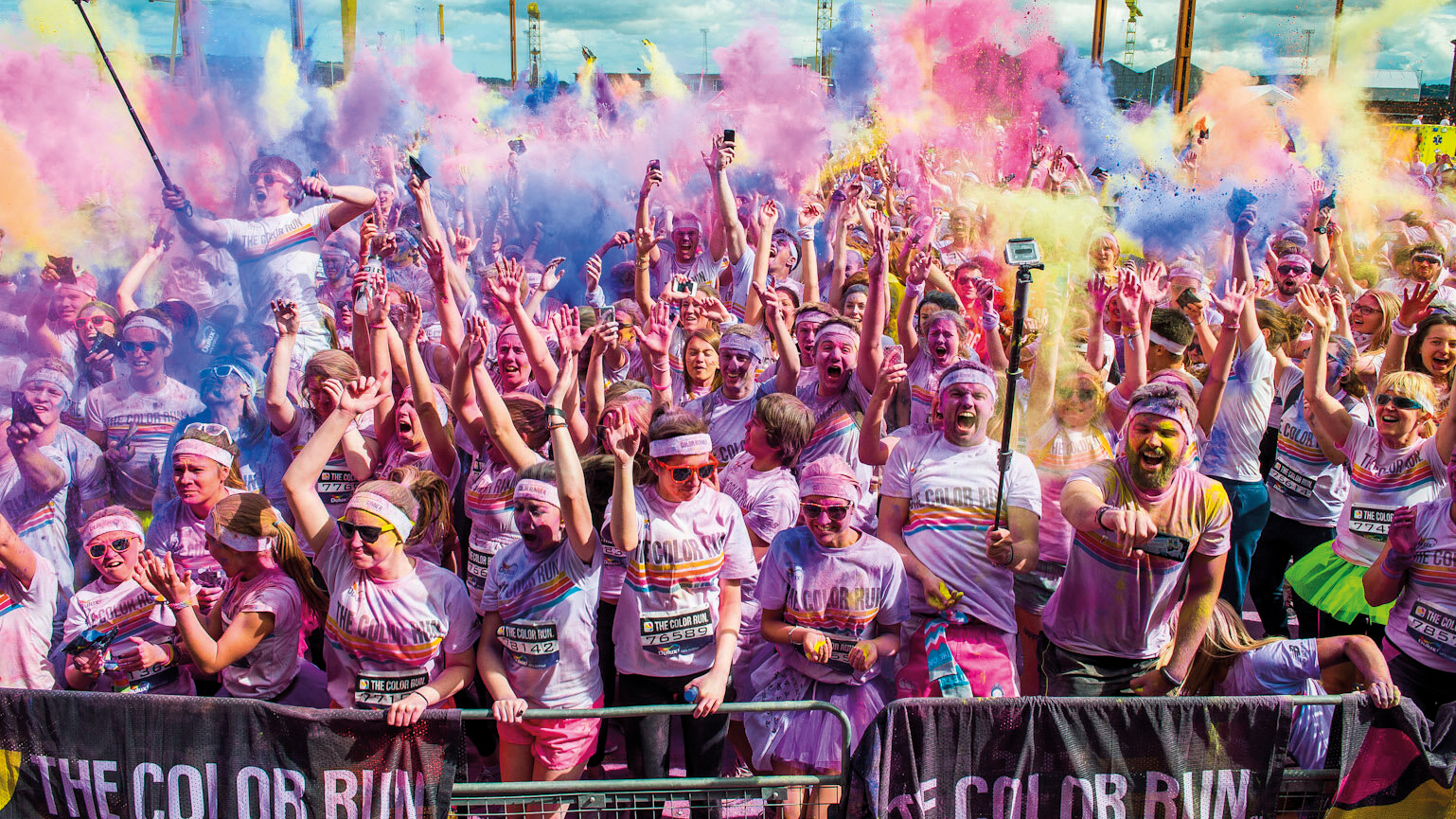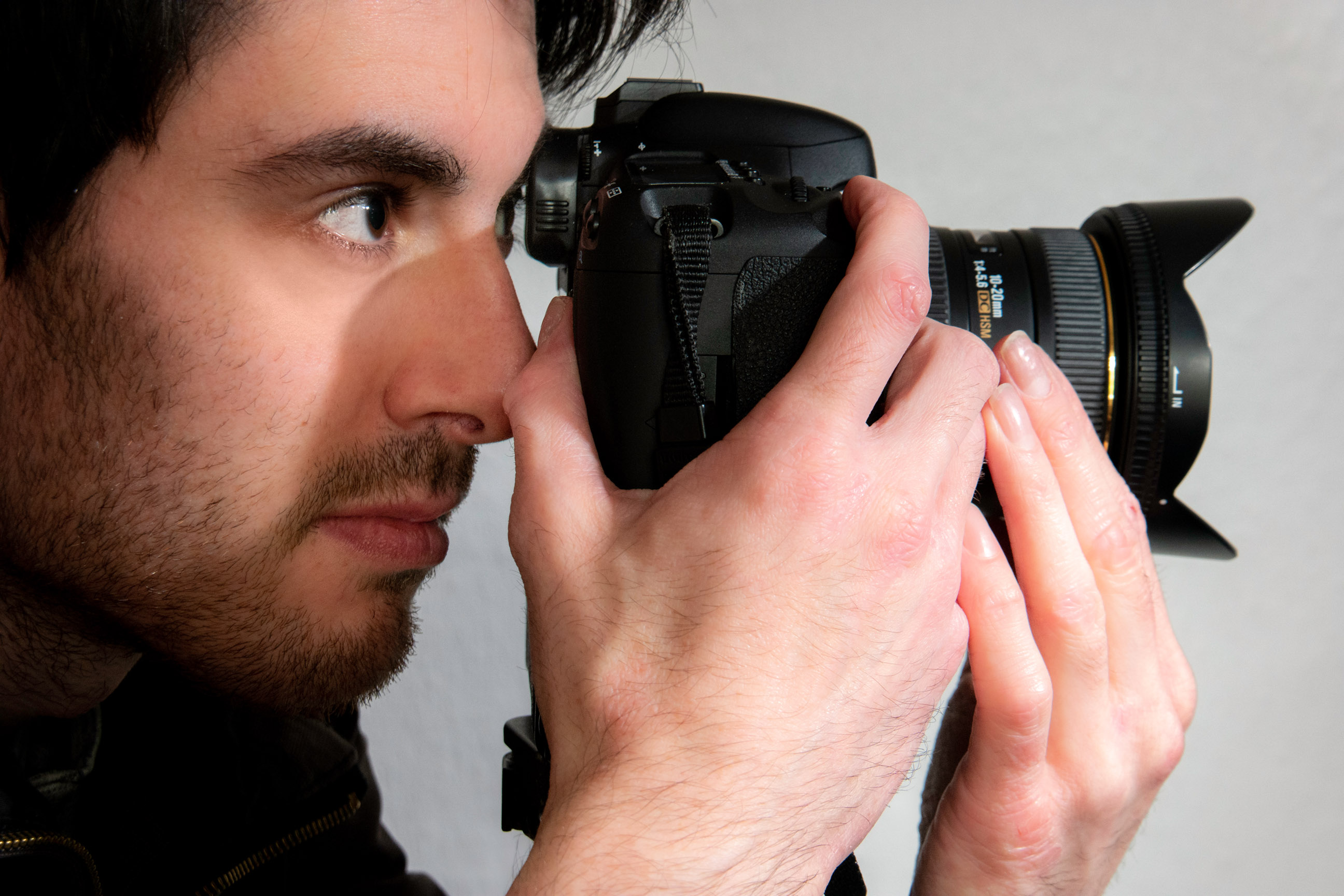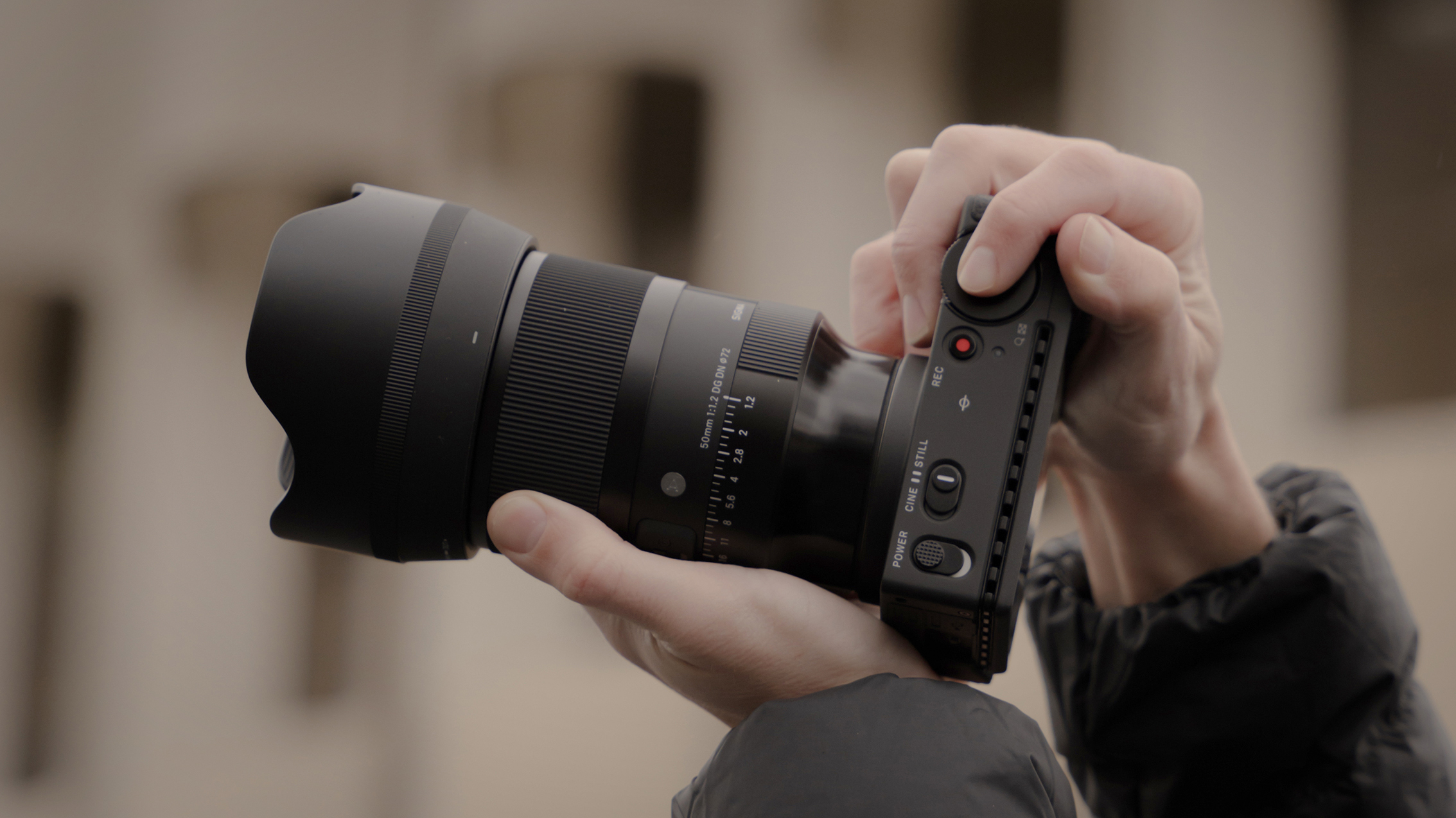"The Nikon D6 is a workhorse! I love it and I never go to a job without it," says pro photographer shooting portraits, events, music and more
This is how photographer Carrie Davenport built her career – and this is the gear she relies on to capture vibrant energy and unique faces
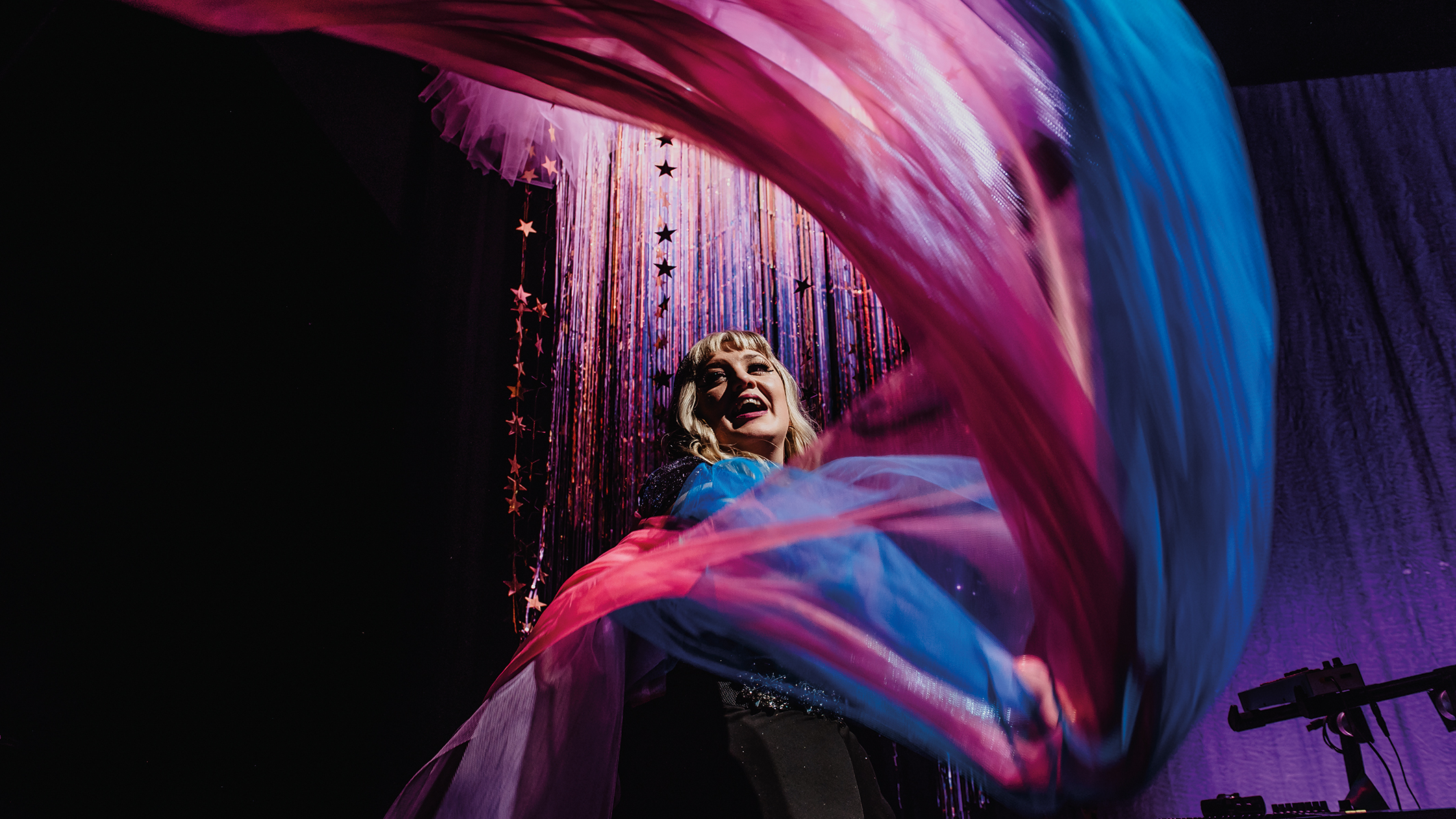
The best camera deals, reviews, product advice, and unmissable photography news, direct to your inbox!
You are now subscribed
Your newsletter sign-up was successful
What does it really take to break into the photographic industry? We caught up with a seasoned music and event photographer, Carrie Davenport, who works exclusively with Nikon gear, to hear how she carved out a name for herself behind the lens.
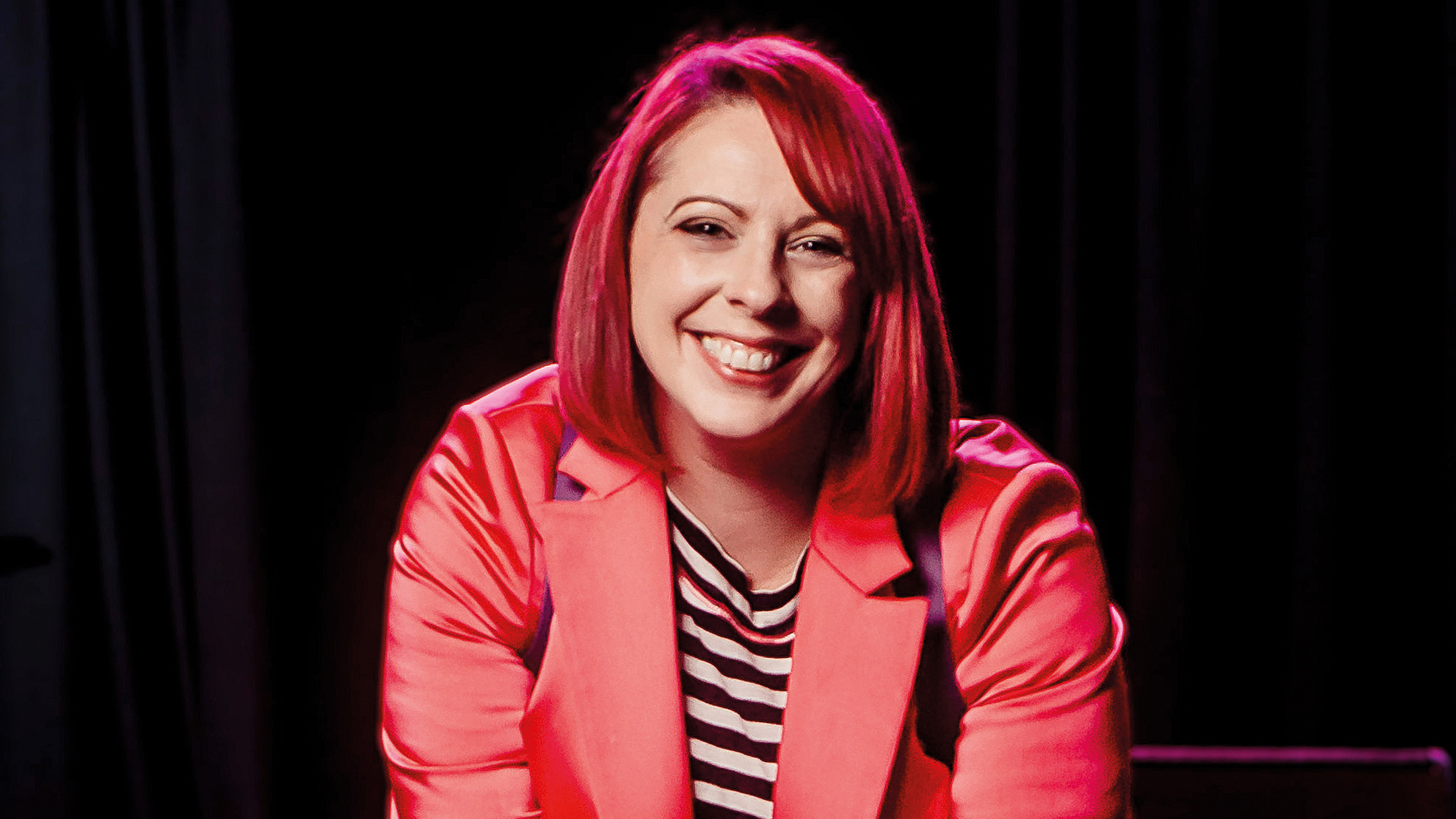
Specialisms: Music and events, commercial, portraiture. See more of Carrie's work on her website or on her Instagram account.
Carrie is a highly regarded photographer based in Belfast, Northern Ireland, known for her dynamic work across music, events, commercial projects and portraiture.
Her passion for photography began during her school years, eventually leading her to leave a career in design and establish her own photography business in 2005. Since then she has built an impressive portfolio, capturing everything from high-energy live performances to striking commercial imagery.
With a sharp, creative eye and a deep understanding of visual storytelling, Carrie regularly travels throughout Europe and further afield for professional shoots. Let's take a closer look at Carrie's journey – from her early days behind the lens to the influences that shape her work – and discover the tools and techniques she uses to bring her vision to life.
Career Path
When did you start out in your current photographic genres?
I've been freelancing since 2006 and have always shot a mixture of things. I never specifically wanted to be a music photographer, which is where I started; I just wanted to photograph people.
From live music, I started shooting portraits of musicians, then got asked to do work for magazines and websites. Having a good understanding of working with lighting led to me being approached by theater companies for work and other events for coverage. Weddings are basically an event, albeit an incredibly emotionally important and one-off event, so those come with time. Then I started teaching others how to do it, too.
What challenges did you face as a startup and how did you overcome them?
When I first went freelance, I had just left a design agency that wouldn't let me use any images I took there in my portfolio. I thought I'd love working there, as it was a photography job, but it was the most unhappy I've ever been. Long hours, impossible deadlines that involved working all night, terrible pay and an even worse manager. When I walked out I didn't even have my own digital camera. I shot a lot for free, but you need to break out of that by changing clients.
I found it hard to get any help from other photographers, too, so now if anyone gets in touch asking for help, I try my best to answer. I have groups such as Artsekta, with whom I've worked for 15 years – building relationships and friendships is critical.
What key skills are needed for your line of work?
You need to be able to move fast, plan how to shoot an event of any type and make sure you get the shots you need. That involves working with constantly varying conditions and a lot of people, so you learn to think on your feet and be flexible. I work with a lot of different people and making them feel at ease in front of the camera so that they enjoy the experience is vital. I don't ever want anyone going away saying, "Ugh I hated that!"
Which social platforms are you on, which are your favorites and how do you use each for your business?
I still rely on word of mouth and get a lot of work this way. Being based in Northern Ireland, it's a small world and I find that if you do a great job for someone, they tell others – you can't beat that for advertising. I do use Instagram and have separate accounts for my commercial, event and wedding work. It's good for inspiration, chatting to other photographers and getting my work out there.
Carrie’s Photo Kit
Nikon D6
"This is a workhorse! It is weatherproofed, reliable and I love it – I never go to a job without it. This camera just has gorgeous colours, tones and AF speed."
Nikon D780
This is Carrie's backup camera, of which she has two. It features a full-frame (FX) format sensor, so is compatible with the same lenses as Carrie's D6 body.
Nikon AF-S Nikkor 85mm f/1.4G
"I love my 85mm f/1.4 lens for portraits – it gives gorgeous depth of field and has such warm tones," says Carrie of this short telephoto prime lens.
The best camera deals, reviews, product advice, and unmissable photography news, direct to your inbox!
Nikon AF-S 70-200mm f/2.8G ED VR II
"I couldn't do without the 70-200mm f/2.8 for events," she says. "I recently bought this due to a work accident, but I preferred the old version due to its ring placement."
You might also like...
Browse the best professional cameras and the best lenses for concert photography.
As the Editor for Digital Photographer magazine, Peter is a specialist in camera tutorials and creative projects to help you get the most out of your camera, lens, tripod, filters, gimbal, lighting and other imaging equipment.
After cutting his teeth working in retail for camera specialists like Jessops, he has spent 11 years as a photography journalist and freelance writer – and he is a Getty Images-registered photographer, to boot.
No matter what you want to shoot, Peter can help you sharpen your skills and elevate your ability, whether it’s taking portraits, capturing landscapes, shooting architecture, creating macro and still life, photographing action… he can help you learn and improve.
- Kim BunermannStaff Writer
You must confirm your public display name before commenting
Please logout and then login again, you will then be prompted to enter your display name.
